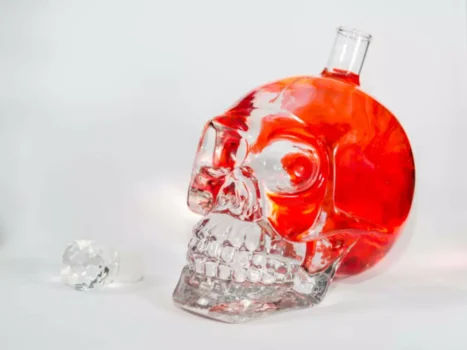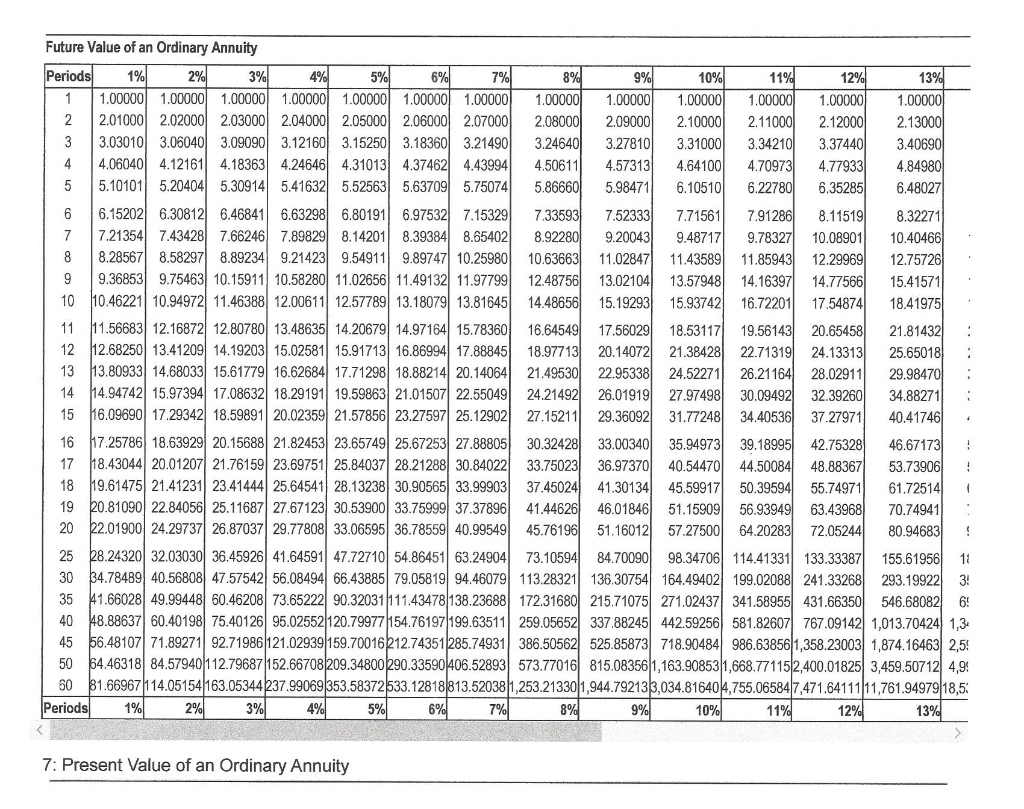How to Clean Your System of Alcohol in 24 Hours? PureHealth Research
August 12th, 2021

In most circumstances, alcohol can remain in your system for 6 to 72 hours, depending on the type of detection test utilized. Drinking excessively strains your liver and interferes with how it processes alcohol. Fatty liver, alcoholic hepatitis, and cirrhosis are the three primary liver diseases that can be brought on by alcoholism.
Recovery Story: Sam and Her Mother
Implement https://ecosoberhouse.com/ stress reduction techniques to navigate the challenges of detox effectively. Managing stress hormones like cortisol is crucial for a successful recovery. You can drink water to stay hydrated, but it will not help you flush out alcohol faster. There is no way of speeding up alcohol metabolism in the body overnight. You might be looking for a quick fix to get alcohol out of your system.
- After drinking a lot of alcohol, you might feel too nauseous to eat.
- Contact Recreate Behavioral Health to work with compassionate clinicians and therapists who are dedicated to helping you achieve a healthier, substance-free life.
- More people may be asking this question, given the coronavirus outbreak’s impact on the global rise in alcohol consumption, also known as pandemic drinking.
- The potential dangers can fluctuate based on the particular drugs, their doses, individual characteristics, and one’s overall health status.
- The severity of the short-term effects of alcohol depends on how much you’ve had to drink.
Over-the-Counter Detox Methods
At Maple Moon Recovery Center, we understand the challenges you face when striving for sobriety. With these six effective strategies that can help you flush your system, Maple Moon Recovery can help you to jumpstart your recovery. Substance abuse often leads to severe dehydration, Drug rehabilitation causing various uncomfortable side effects.

Best Detox for a Bloated Stomach (Easy Guide)

Drug detox is a structured process that helps individuals safely remove harmful substances from their bodies. It’s necessary because it allows the body to adapt to functioning without the presence of drugs, a crucial step in the recovery process. Abstaining from drug use is the most direct way to clear drugs from your system. This prevents the accumulation of further toxins and allows the body to metabolize and eliminate existing substances.
Next Steps
Setting clear objectives achieves such outcomes, furnishing individuals with a structured framework to focus their efforts and sustain progress throughout their recovery journey. Talking about your addiction fosters self-awareness and builds a support system. Openly discussing addiction with trusted individuals or in support groups, such as Alcoholics Anonymous, creates a sense of accountability and reduces feelings of isolation.
- Discover how to face fear in recovery with coping strategies and support to embrace a stronger, healthier you.
- While time is needed to fully sober up, supporting your body with hydration, nutrition, rest, and light activity can help minimize alcohol’s effects and get you back on your feet faster.
- The advantages of drinking water to flush the alcohol out are numerous.
- Ethyl glucuronide (EtG) tests can even detect alcohol byproducts in the body for up to 80 hours after consumption, long after the visible effects of intoxication have worn off.
- Remember, knowing your “why” can help you stay focused during difficult moments.
Steps to Overcome Alcohol Addiction
- Various resources exist including healthcare providers specializing in addiction medicine or mental health services.
- Take a moment to write down these motivations and keep them visible.
- Handling social pressures when trying to quit alcohol involves intentional communication and planning.
- According to the National Institute on Alcohol Abuse and Alcoholism, water itself doesn’t directly flush alcohol out of your system, but it plays a crucial role in the detox process.
How long alcohol shows up on a test after your last drink depends on the type of test and how heavily you have been drinking. The potential dangers can fluctuate based on the particular drugs, their doses, individual characteristics, and one’s overall health status. Seeking guidance from a healthcare expert is consistently advised for personalized counsel on the responsible use of medications and alcohol. Aldehyde dehydrogenase (ALDH) metabolizes alcohol to acetaldehyde, a highly toxic substance and a known carcinogen. Then, acetaldehyde is metabolized into another, a less active byproduct called acetate, broken down into water and carbon dioxide for easy elimination. Multiple mechanisms or routes are involved in the metabolism of alcohol.
Liver Cirrhosis
Individuals regain control over their environment and minimize triggers that tempt them to drink by distancing themselves from alcohol. Changing your lifestyle helps break free from alcohol dependence and build long-term sobriety. Quitting alcohol yields numerous health benefits, covering minimized risk of liver disease, boosted cardiovascular health, and best way to clear alcohol out of your system better mental well-being. Between 60% and 90% of individuals who consume over 60 grams (2.11 ounces) of alcohol daily derive hepatic steatosis. Identifying triggers for alcohol use is a crucial step in managing cravings effectively. Triggers can be emotional, like stress or loneliness, or situational, such as social events where alcohol is present.

- While it’s not possible to accelerate the body’s natural process of metabolizing and eliminating alcohol, there are steps you can take to support and optimize this process.
- But quitting on your own can pose risks to your health and is unlikely to be successful.
- Remember that alcohol is absorbed the quickest in your small intestine.
- Alcohol is processed by the liver, which breaks it down into acetaldehyde and then into acetic acid before being excreted.
- Research indicates that documenting these habits encourages thoughtful reflection on reasons for drinking, potential health impacts, and personal motivations for change.
- The process of quick breathing and extreme sweating enables you to release toxins by getting more oxygen into your body naturally.
Writing these reasons down or sharing them with a trusted person helps to reinforce commitment. Assessing your relationship with alcohol begins with a thorough examination of your drinking habits. Ask yourself how alcohol influences your social interactions, mental well-being, and physical health. Keeping a drinking diary can be instrumental in tracking your consumption patterns, triggers, and emotions related to drinking. This record not only fosters self-reflection but also helps reveal insights that may lead to change.









